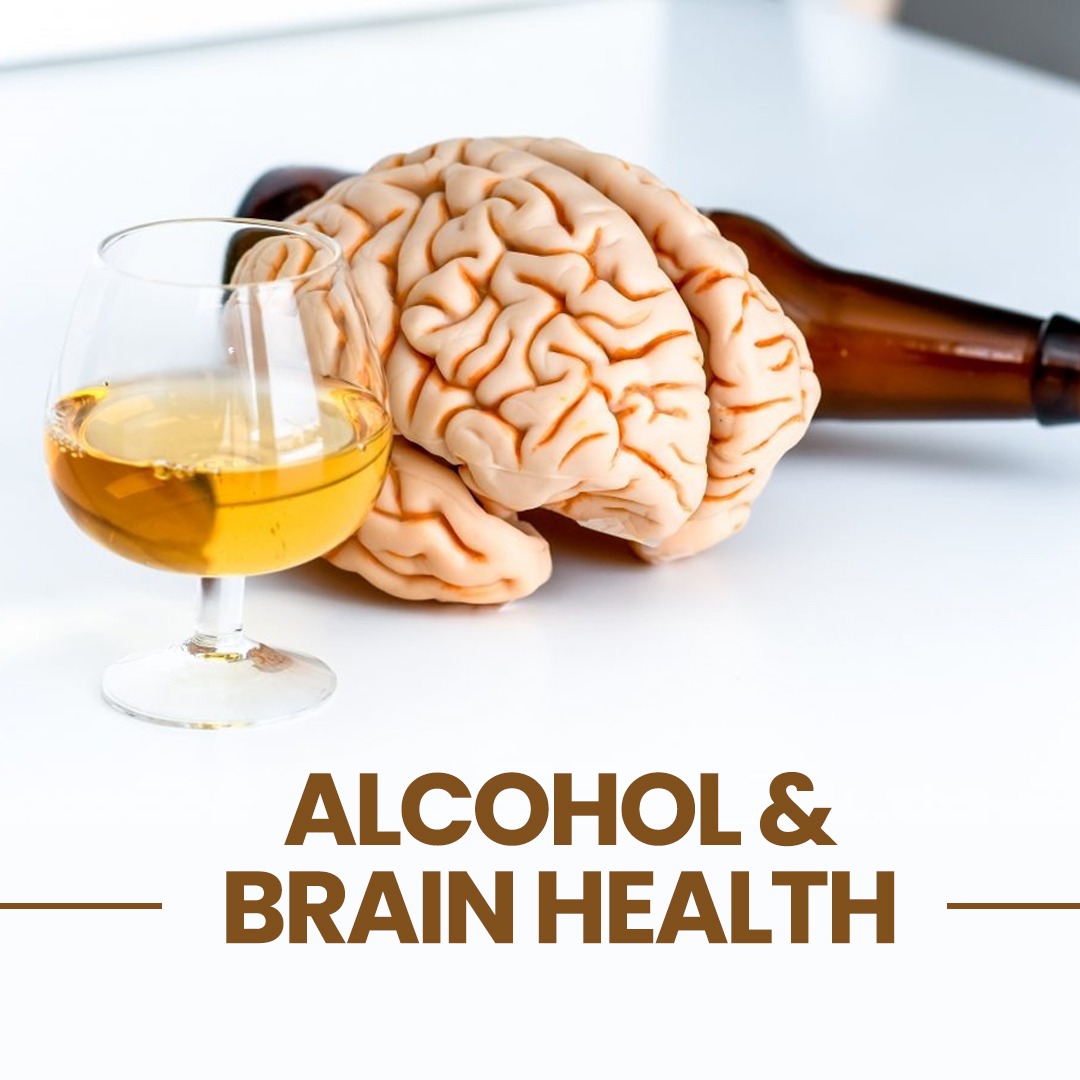
One of the most controversial topics in the health and fitness industry is whether or not should you be eliminating carbohydrates form your diet, especially during the fat loss phase. If you ask people why they cannot lose fat or are getting fat? The single most common answer we can get is carbohydrates and I do not blame anyone for this, the actual reason for this is the misinformation at different platforms including social media. So today, let us dive into the science behind this topic.
But before we go on to our objective that should you eliminate carbs or not, let’s redefine our goal once again. Here we will be talking about fat loss specifically and not just weight loss.
But, are both the same?
The answer is NO. Weight loss includes fat loss, water loss, muscle loss, blood loss.
Fat loss is specifically about losing body fat which is our goal, right? We need to lose body fat and not muscle mass or water weight because that is not going to give any health benefits. In fact, it is going to negatively affect our health.
So, now the question is..
Is eliminating carbohydrates a good or bad idea for fat loss?
From a general population standpoint, it is not at all a good idea to eliminate carbohydrates from a diet. The biggest reason would be sustainability. One of the biggest factors on why people are not able to lose fat for long periods or why most of the people gain more fat than what they lost is because they choose a diet that is not sustainable for them.
Fat loss is not just about losing fat for 6 weeks or 1 year, our goal is to lose fat and keep it off in the long term since this is important for our health. In order to do that we need to make sure that we lose fat using sustainable methods or sustainable dieting protocols.
Sustainable methods are those methods that suit our lifestyle, our individual needs, our health and much more. Now, talking about most of the people, eliminating carbohydrates will never be a sustainable method because that is what we have been eating throughout our life, and most of our favorite foods contain carbohydrates. So, forcing someone to stop eating carbohydrates at all might result in eating disorders which literally is not a good idea at all.
Now let us look at the science of fat loss vs carbohydrates
Do carbohydrates really deserve the criticism they deserve?
Before we look at the research studies, I want to talk about the most common myth about carbohydrates, which is, carbohydrates lead to insulin spike that makes us fat. The very myth leads people to stop eating carbohydrates. The idea comes from the carbohydrate-insulin model which states that the role of insulin is fat formation (lipogenesis). Now, this may sound a lot scientific but there are hundreds of studies that disapproved this idea. Studies clearly showed that when total calories and recommended protein intake is equated, it really would not matter if the subjects were following a high carbohydrate diet or a low carbohydrate diet. Another point where people are misled is, that you burn more fat when you are on a high fat and low carbohydrate diet. The truth is, fat burning is not same as losing fat. You would burn more fat on a high fat diet because you are eating more fat, but fat loss will depend upon whether or not you are in a caloric deficit. If you are not in a caloric deficit, it does not matter if you eat less carbohydrates or more carbohydrates you will not lose fat.
Further, we need to understand that not only carbohydrates but protein is also a very insulinogenic. So, by that hypothesis protein would also make you fat, but that is not how it works.
Lastly, insulin is not even required for fat storage, that is because of the hormone known as acylation stimulating protein. Making it simple, if you are in a caloric surplus diet, you will store fat even if you do not eat carbohydrates at all.
So now we know that carbohydrates do not deserve the criticism that they get. You can have carbohydrates and still lose fat.
During fat loss, we have two major goals in order to make sure we get optimal long-term health rewards.
- LOSE FAT
- MAINTAIN MUSCLE MASS OR MAYBE EVEN GAIN IT.
When we talk about muscle mass or performance, I am including both athletes and the general population. Carbohydrates play a really important role in our daily performance and health. We all know that carbohydrates are the body’s preferred source of energy.
Looking at some studies where total calories and recommended protein intake is equated, there is either no difference in terms of strength gains or a negative effect is seen when compared two different groups, one consuming low carbohydrate diet and other one consuming high carbohydrate diet.
Some other studies even concluded that that low carbohydrate diets will have a detrimental effect on your performance specially when looking at high-intensity events which require intensities of 85- 90 percent or more. Same goes for endurance athletes, one of the recent studies tried this on race walkers, and found that going on a low carbohydrate diet did reduce their performance by increasing their time to complete the 6-mile walk. The takeaway here would be eliminating carbohydrates will surely not give any performance benefits but most probably will have a negative effect on your gym performance. Adding fiber which is a carbohydrate has been shown to have many health benefits in terms of digestive health and even against cancer. Having enough fiber is really good for our health.
REFERENCES-
https://pubmed.ncbi.nlm.nih.gov/18025815/
https://examine.com/nutrition/low-fat-vs-low-carb-for-weight-loss/
https://www.ncbi.nlm.nih.gov/pmc/articles/PMC4090010/
https://pubmed.ncbi.nlm.nih.gov/25007189/
https://www.researchgate.net/publication/283687117_Re-Examining_High-Fat_Diets_for_Sports_Performance_Did_We_Call_the_’Nail_in_the_Coffin’_Too_Soon
https://pubmed.ncbi.nlm.nih.gov/28012184/
- fitnessmatters
- May 24, 2022
- 4:49 pm
- No Comments









